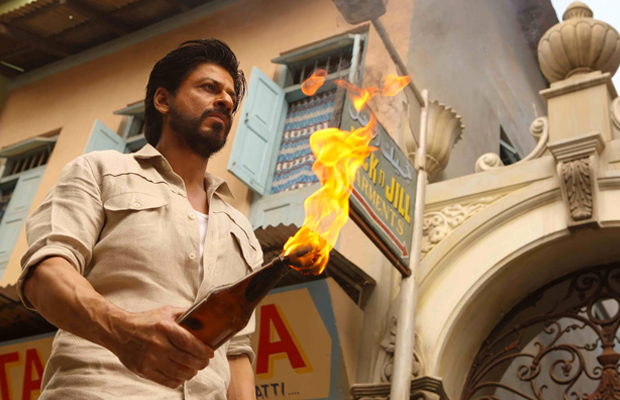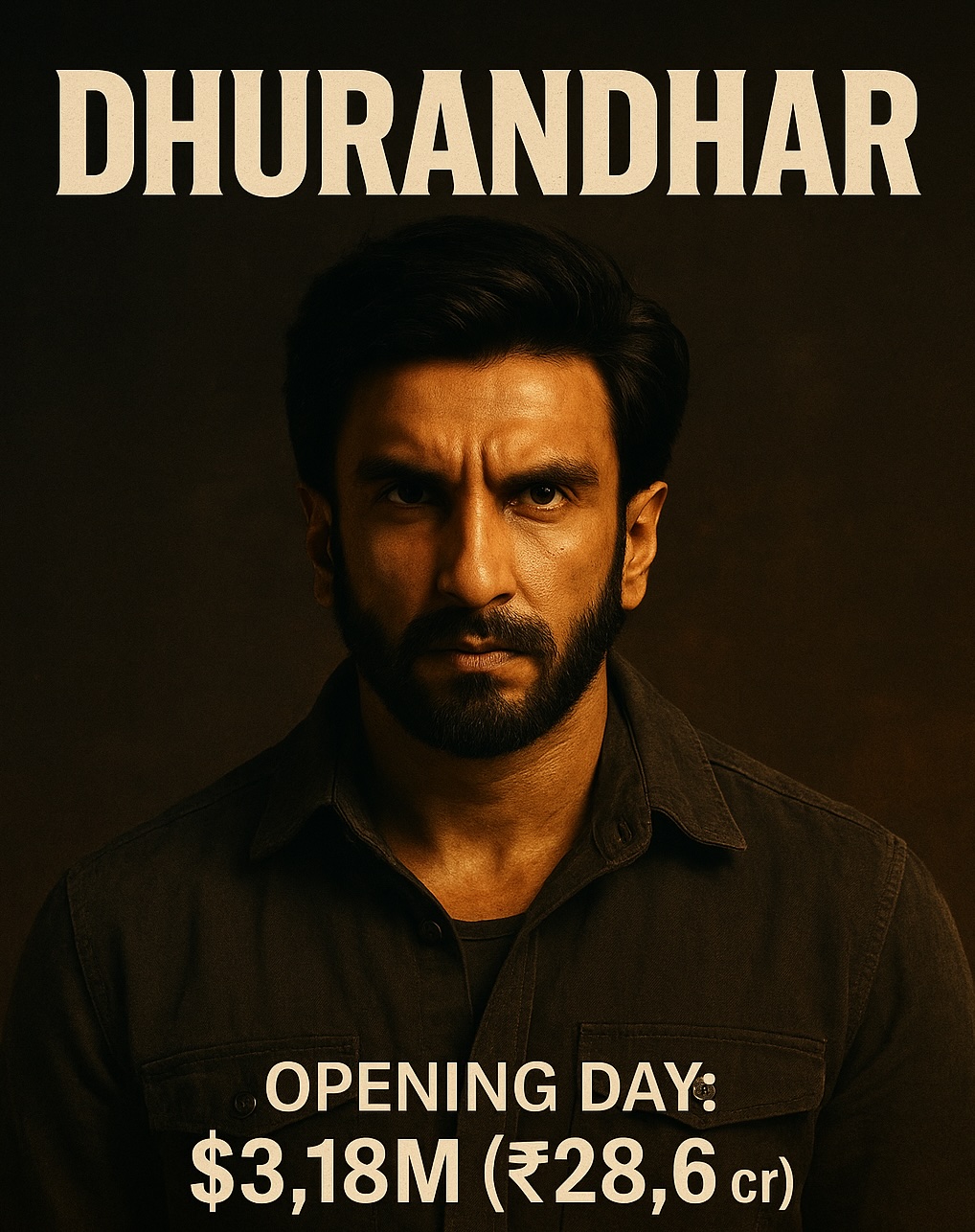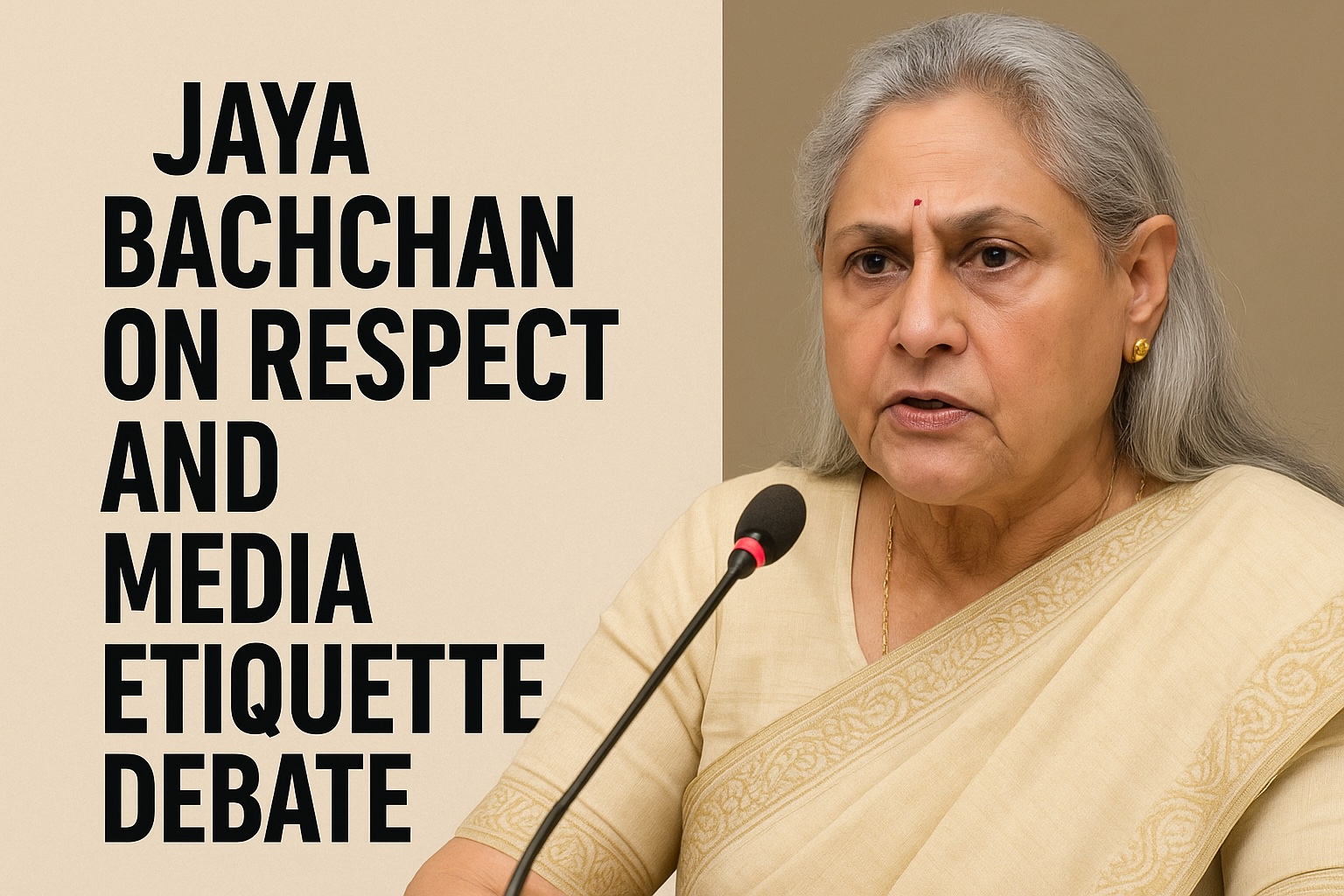Director Rahul Dholakia has thus far been known for films such as Parzania and Lamhaa. Both tackled socio-political issues that affected life deeply in their respective states of Gujarat and Kashmir. With Raees, he ramps up to an unashamedly commercial gangster drama, which principally centres on Prohibition, bootlegging and a cat-and-mouse game between a fearless don, Raees (Shah Rukh Khan) and a local policeman Majmudar (Nawazuddin Siddiqui). The three main actors are all given special introduction scenes – Shah Rukh Khan in his chiselled glory, thickly kohl-lined eyes, bleeding as he beats his own flesh; Nawazuddin Siddiqui dancing at a wedding (an entry nicely juxtaposed with a celebration in Raees’s mohalla); Mahirah Khan dancing to a Bollywood tune in the privacy of her room.
The film starts off in the 1970s. A young Raees sees a blur on the classroom blackboard. Unable to afford glasses, he steals a pair off a Mahatma Gandhi statue. It’s a delightful scene and one of the many moments that make the first half of Raees so enjoyable. Raees’s thick spectacles earn him the nickname of ‘Battery’. It is his anger button and continues to be so throughout his life, even after he has grown up, using brains and ‘daring’ to become a feared and adored gangster. “Koi dhanda chhota ya bada nahi hota, aur dhande se bada koi dharm nahin hota” (no work is too small and no religion or custom is greater than work): these words, once said by his mother, become Raees’s mantra for life. Raees’s ethics are simplistic – he kills without a second thought, he colludes with local politicians, he provides liquor where it’s illegal but he also helps the local community and draws the line short of hurting the innocent.
This is where the plot loses its direction, and builds in slack, including an unnecessarily extended climax. Dholakia and his team of writers (Harit Mehta, Ashish Vashi, Niraj Shukla) pepper the film with plenty of whistle-inducing dialogue-baazi and carefully create two pivotal characters.
Khan makes the most of the meanness of Raees, enjoying his ambition and rage. But he makes less of the quieter, gentler scenes. It’s still one of his finest performances off late and a relief to see him sink his teeth into something meaty after the flimsy Happy New Year and Dilwale type films. Mohammed Zeeshan Ayyub provides a solid balance to Khan as his fiercely loyal best friend and business partner Sadiq. Then there’s Siddiqui in a lip-smacking role, completely owning and relishing the part of the sole upright cop in a corrupt system who tests his senior’s integrity by asking for all instructions in writing. He takes the potentially textbook character — of the cop obsessed with his slippery prey — and turns it into something quirky. Atul Kulkarni and Narendra Jha play bad men with refreshing poise. As Raeesa’s wife, Mahirah Khan offers nothing special.
All the tropes of a gangster film are intact – the shootout to a thumping musical score (in this case ‘Laila O Laila’ picturised on Sunny Leone), the bad guy with a good heart, the wife who brings out his tenderness, the competition between the baddies and the nexus with fair-weathered politicians. There’s an overuse of background music, which is awfully grating. Thankfully KU Mohanan’s cinematography and Donald Reagan and Anita Rajagopalan’s production design enhance the roughness of the setting and the time period. And Dholakia manages to make a comment on society and politics within the veil of a commercial gangster film.
Rating: ***





